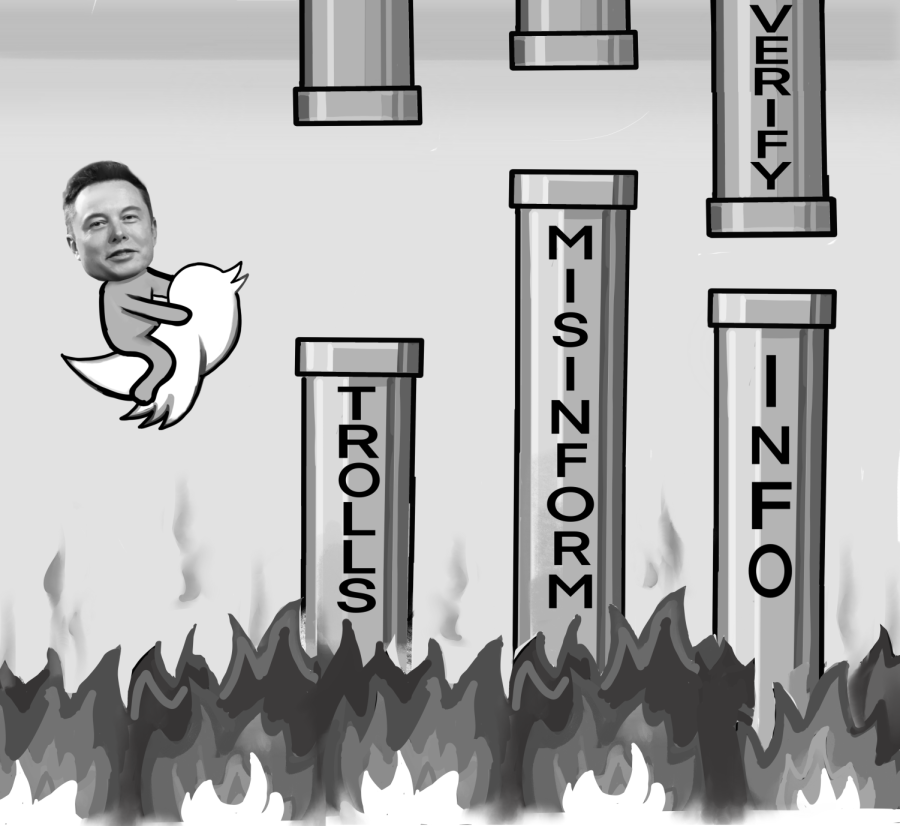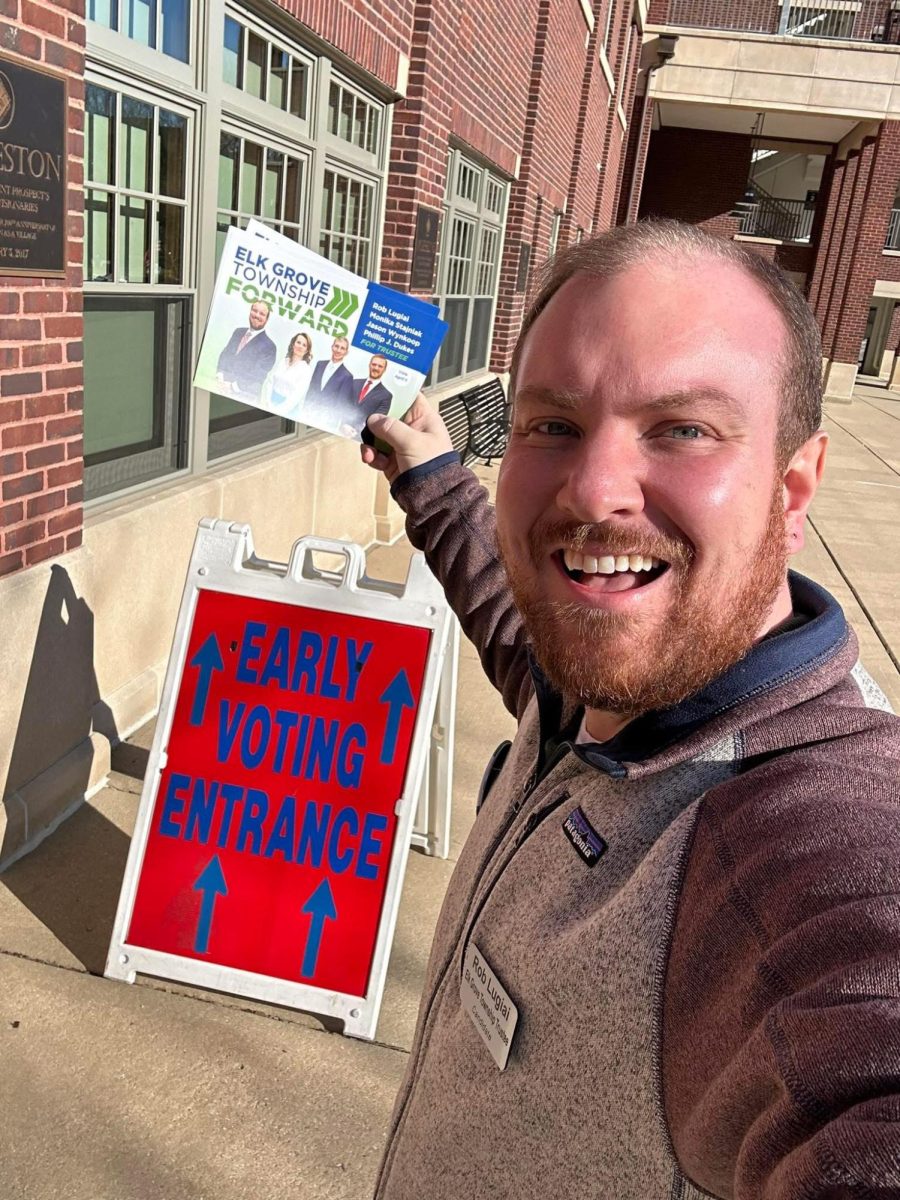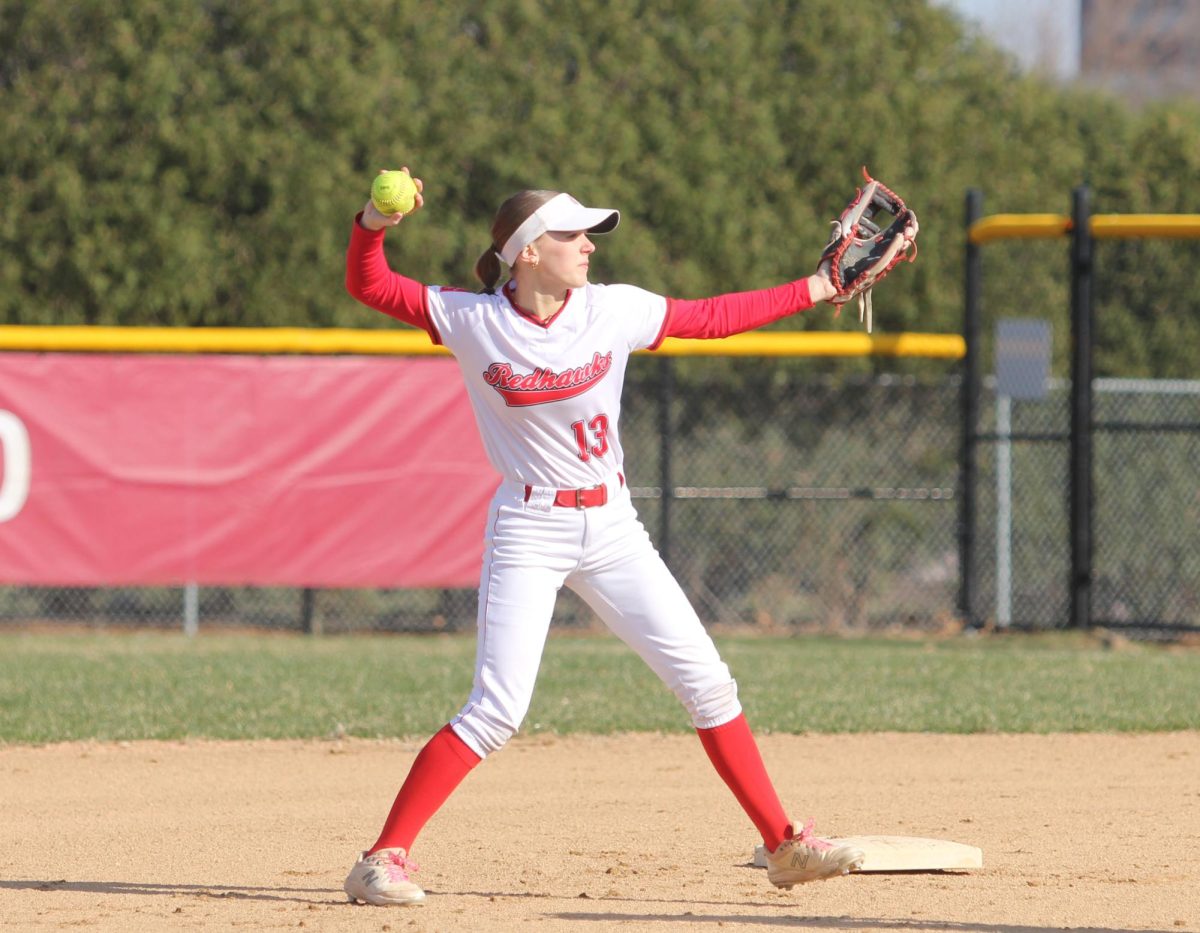Editorial: Elon Musk does not understand journalism
November 29, 2022
Forty-four billion dollars. That’s more money than the GDP of some countries. Elon Musk poured that money into his purchase of Twitter and immediately proceeded to make sweeping changes to the social media platform.
One such change is allowing anyone with Twitter Blue, an $8 per month service, to become verified.
“Widespread verification will democratize journalism & empower the voice of the people,” Musk said in a tweet. Later that day he expanded, saying, “Twitter needs to become by far the most accurate source of information about the world. That’s our mission.”
The Central Times Editorial Board believes this to be a noble goal. The issue? Democratizing journalism, or allowing anyone and everyone to become a “journalist,” destroys the credibility and accuracy of reporting.
Expanding the number of people who could be perceived as “journalists” has three huge flaws: internet “trolls,” political misinformation and a lack of fact-checking.
“Trolls,” or people who post falsehoods for comedic purposes, rather than political, are already a huge problem for Twitter. Musk has wrestled with what to do about parody accounts for much of the beginning of his tenure as Twitter’s owner. Users have already made countless accounts impersonating prominent political or cultural figures, which, due to new policies, can reach a much greater audience.
Musk has mandated that impersonation accounts be labeled as parody or else they’ll be banned, but that regulation doesn’t extend to accounts reporting supposed news. A user can post virtually anything, claiming it to be news, simply to be funny. It can be claimed that President Joe Biden is dead, or that America just dropped a nuclear bomb on China, with no repercussions for the falsehoods.
While these claims would likely be easily discounted, more local news may not be so easily dismissed as a lie. For example, an individual could report a school board voted to change sex-ed polices or a mayoral candidate fell down a set of stairs. The impact of these stories is smaller, but if everyone is a news source, then even the smallest of lies can be treated as truth.
But what if the mayoral candidate didn’t fall down the stairs? What if, instead, someone posted that the candidate promised to end all abortion rights in a speech? What if someone posted that they promised a 30% sales tax increase in the city?
This is where the second problem with democratized journalism lies. Not everyone would be posting falsehoods to be funny. Some are doing it to advance their own political agendas.
Turning every Twitter account into a news source puts every bit of supposed news on an equal plane. Blatant misinformation, designed to deceive readers and sway them towards a certain opinion will run rampant, with a larger audience and no regulation to stop them.
Of course, not every bit of false information would be intentionally deceitful; some try to report the facts but get them wrong. Newly deemed “journalists,” also known as independent reporters, may not have the fact-checking techniques that established sources do, nor an allegiance to a code of ethics.
Increasing the number of accounts seen as credible sources only works to worsen this issue, as more people will trust the things they read and thus will spread more of it, regardless of its truth.
Ultimately, these three flaws will have huge impacts on both journalism and the greater world.
The credibility of every journalist will be at stake. Simply put, if trolls, misinformation and misunderstanding abounds, there will be many different reports on even just a single event. Professional and student journalists will get lost in the wash of misinformation, and their impact and ability to do their jobs will be greatly diminished.
The greater world will also suffer. With many different reports of events swirling around, it’s hard to predict what one may believe. Falsehoods may inform someone’s worldview or political opinion, which on a mass scale can sway the course of entire nations. With all the different reports on Twitter, people may not know what to believe at all. The world will become less informed, less knowledgeable, and thus a decidedly worse place.
Democratizing journalism does not work. A journalist is not anyone with a Twitter account, or anyone with a camera.
Journalists have an obligation to the truth: to report the facts objectively, to verify their information and to inform the world. In a world of democratized journalism, this obligation becomes harder to discern.








